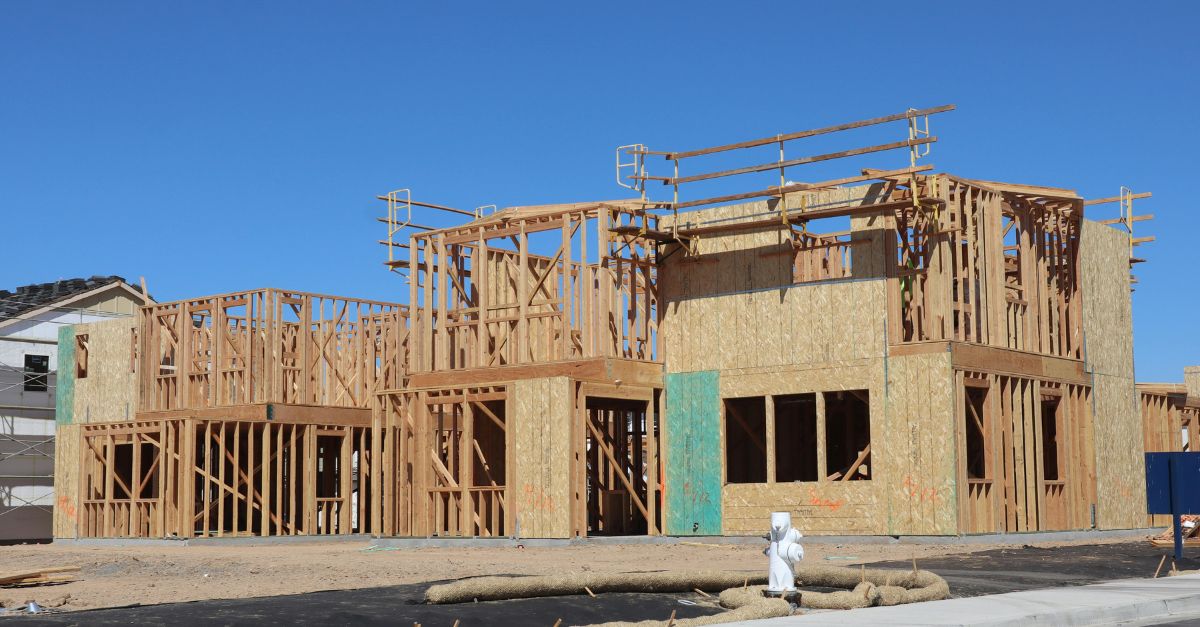The construction industry is well-acquainted with challenges like labor shortages and supply chain issues. Now, with President-elect Trump indicating plans to introduce new tariffs on foreign trade—especially on imports from China, Mexico, and Canada—economists warn of additional obstacles ahead. For general contractors in North Carolina, these proposed tariffs could significantly influence material costs, project timelines, and overall profitability.
Here’s an overview of how these changes could affect the construction sector and practical steps to prepare.
Cost of Construction Materials Could Rise
Tariffs are expected to have an impact on pricing stability within the construction industry, particularly for materials and machinery. Tariffs targeting Chinese imports could drive up the cost of critical items like steel, aluminum, and specialized equipment—key components of commercial construction. These price hikes could create a ripple effect throughout the industry.
Consider the following:
- Structural steel, already a significant expense for most commercial projects, may see substantial price increases.
- Specialized construction machinery and parts, much of which are imported from China, could become significantly more expensive or face longer lead times.
- Canadian lumber, another essential material, is also likely to experience price increases.
This volatility makes it challenging for contractors to offer accurate bids or sustain profit margins, especially for projects with longer timelines.
Material Sourcing and Longer Lead Times
Beyond rising costs, tariffs could also cause shortages or longer lead times for essential materials. Supply chains reliant on foreign imports may need to shift toward domestic suppliers or find alternative international sources. However, domestic manufacturers might struggle with capacity constraints, and sourcing from new international suppliers could involve complex logistical changes, increasing both time and expenses.
The outcome? Delays that are beyond your control, making it harder to keep projects on schedule and meet client expectations.
How to Protect Your Business from Proposed Tariffs
To address the uncertainty tariffs bring, contractors should take a proactive approach to their contracts and project planning. Here are two essential strategies:
Adopt a Cost-Plus Contract Agreement
In a market with volatile material costs, fixed-price contracts pose significant risks. Switching to a cost-plus structure allows you to account for fluctuating material prices in the final project cost, safeguarding your profit margins and minimizing the chances of underpricing your services.
When creating cost-plus agreements, transparency is crucial. Share detailed estimates and regularly document expenses to build client trust and minimize disputes related to cost increases.
Account for Possible Delays in Your Contracts
Given the risk of supply chain disruptions, it’s critical to include contract language that protects you from liability for delays caused by circumstances beyond your control. These provisions safeguard your business if tariffs, material shortages, or extended lead times impact project timelines.
The Anderson Legal team can help you craft clauses that address the specific risks of today’s trade landscape. Taking this proactive step can help you avoid costly disputes and maintain strong client relationships.
Invest in Legal Guidance
Proposed tariffs on foreign trade could significantly impact the commercial construction industry, especially in rapidly growing states like North Carolina, where high demand for construction keeps the market bustling.
Partnering with knowledgeable legal professionals can help protect your business and ensure you’re ready to navigate any challenges that arise. If you need help tailoring your contracts to accommodate the current economic climate and proposed tariffs, reach out at https://www.andersonlegalnc.com/.
Nothing on this website or this blog should be considered legal advice. Anderson Legal does notrepresent you and no client-attorney relationship is formed until you have completed our clientintake process.

